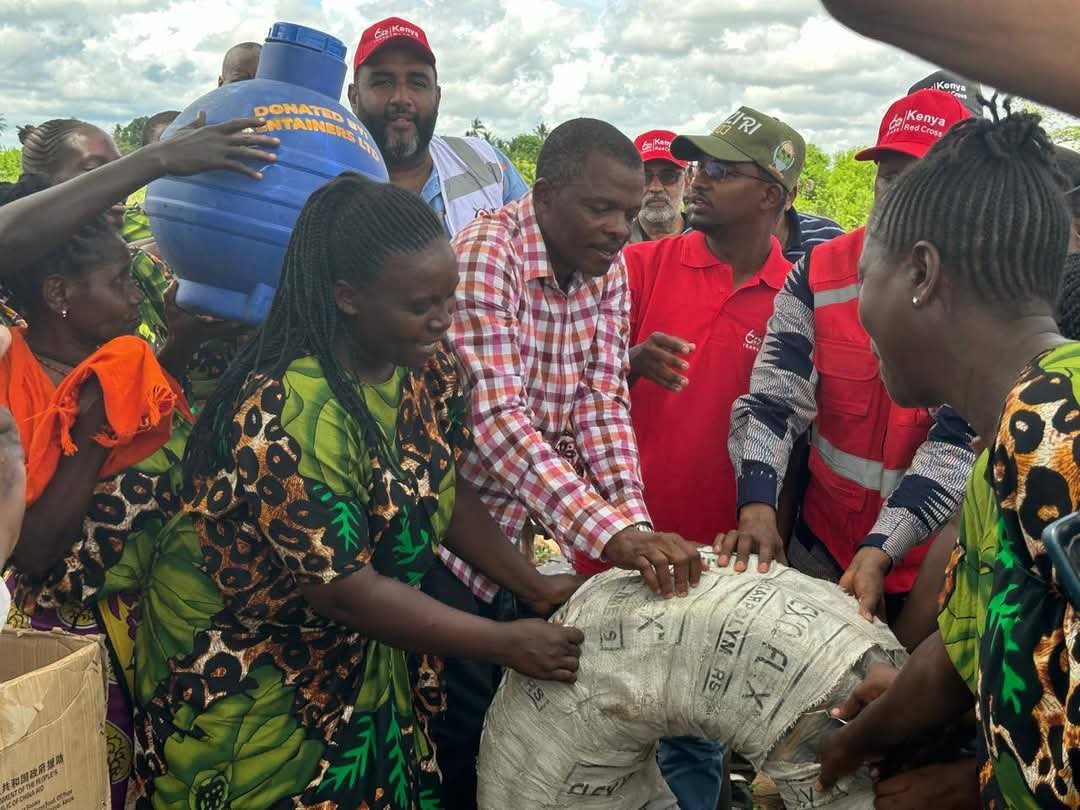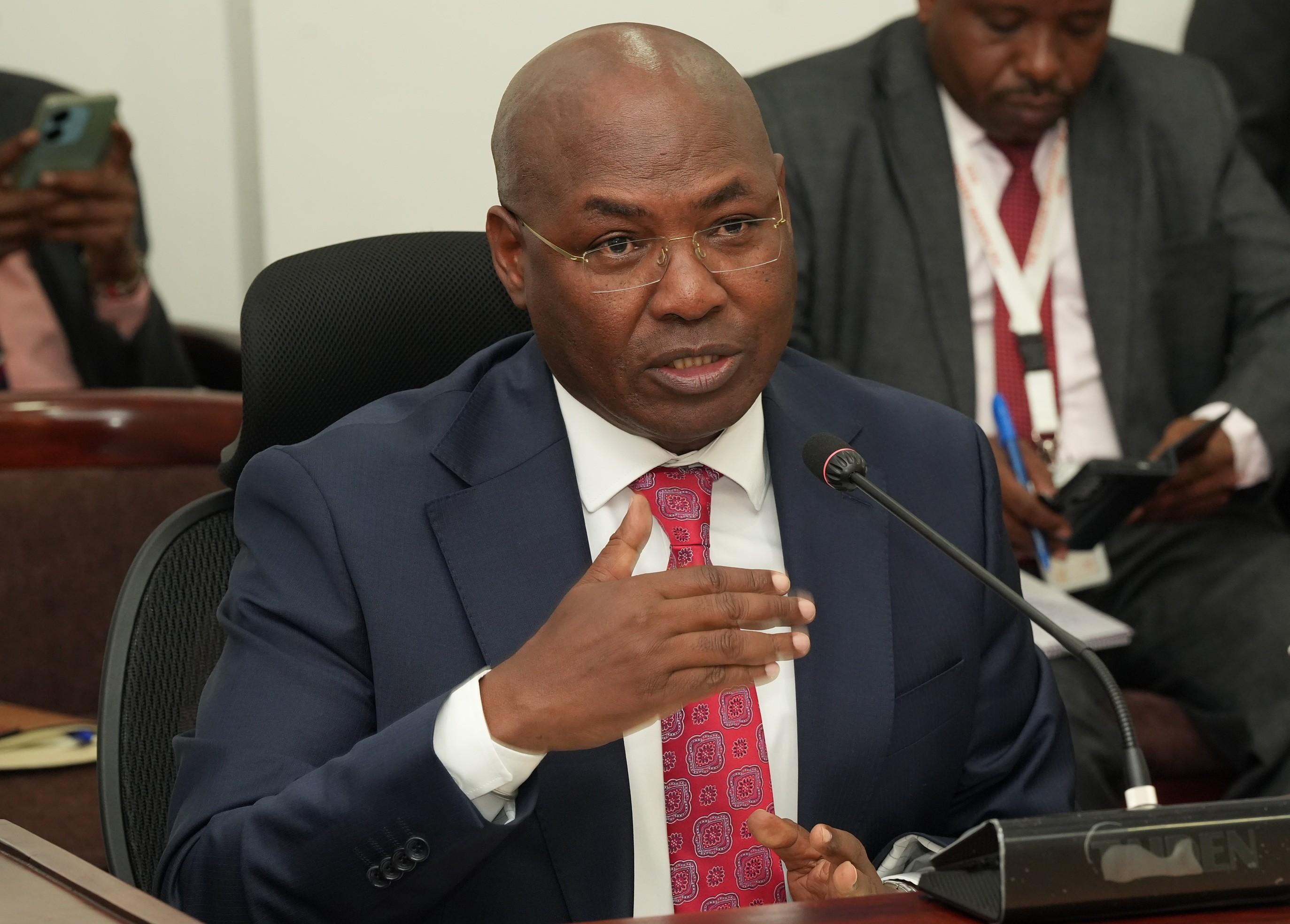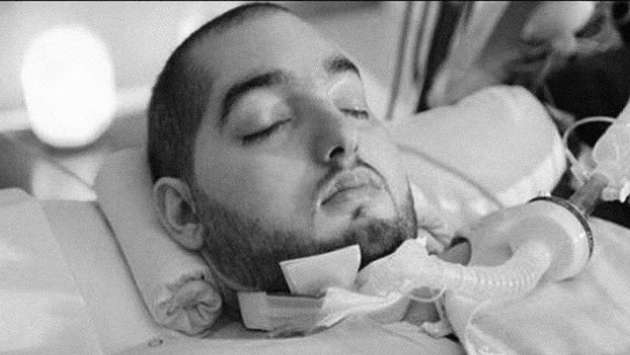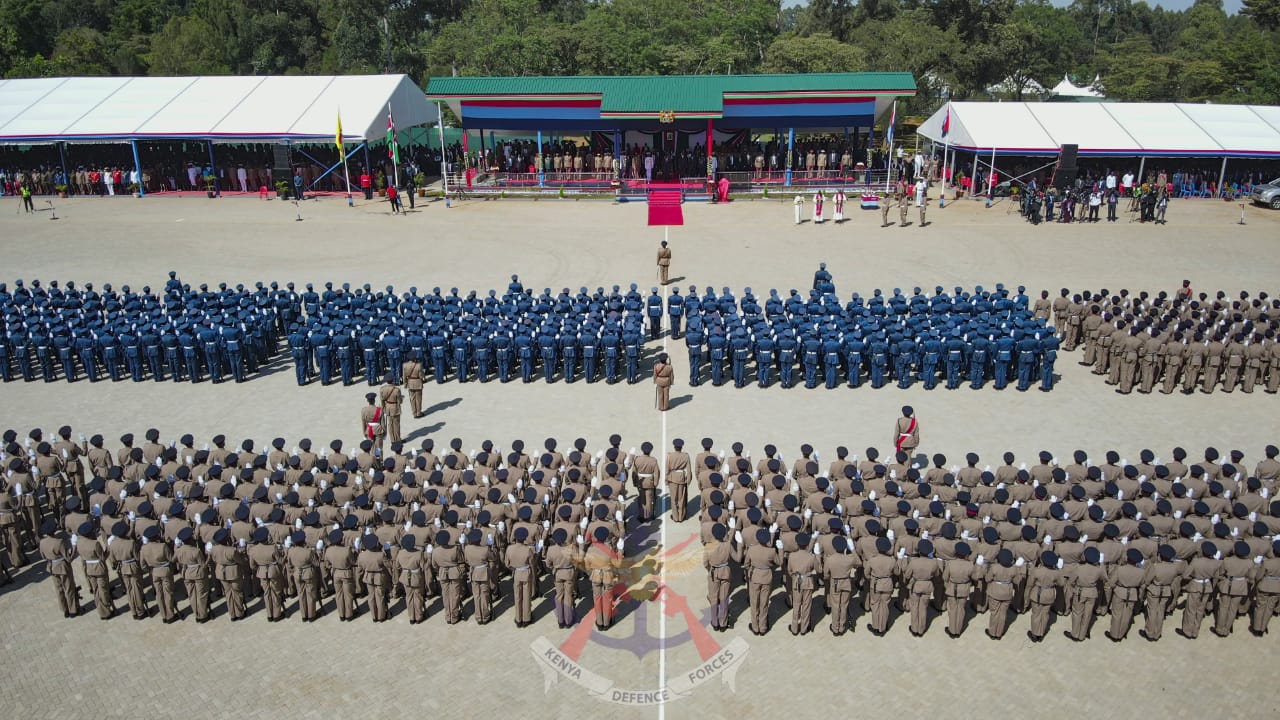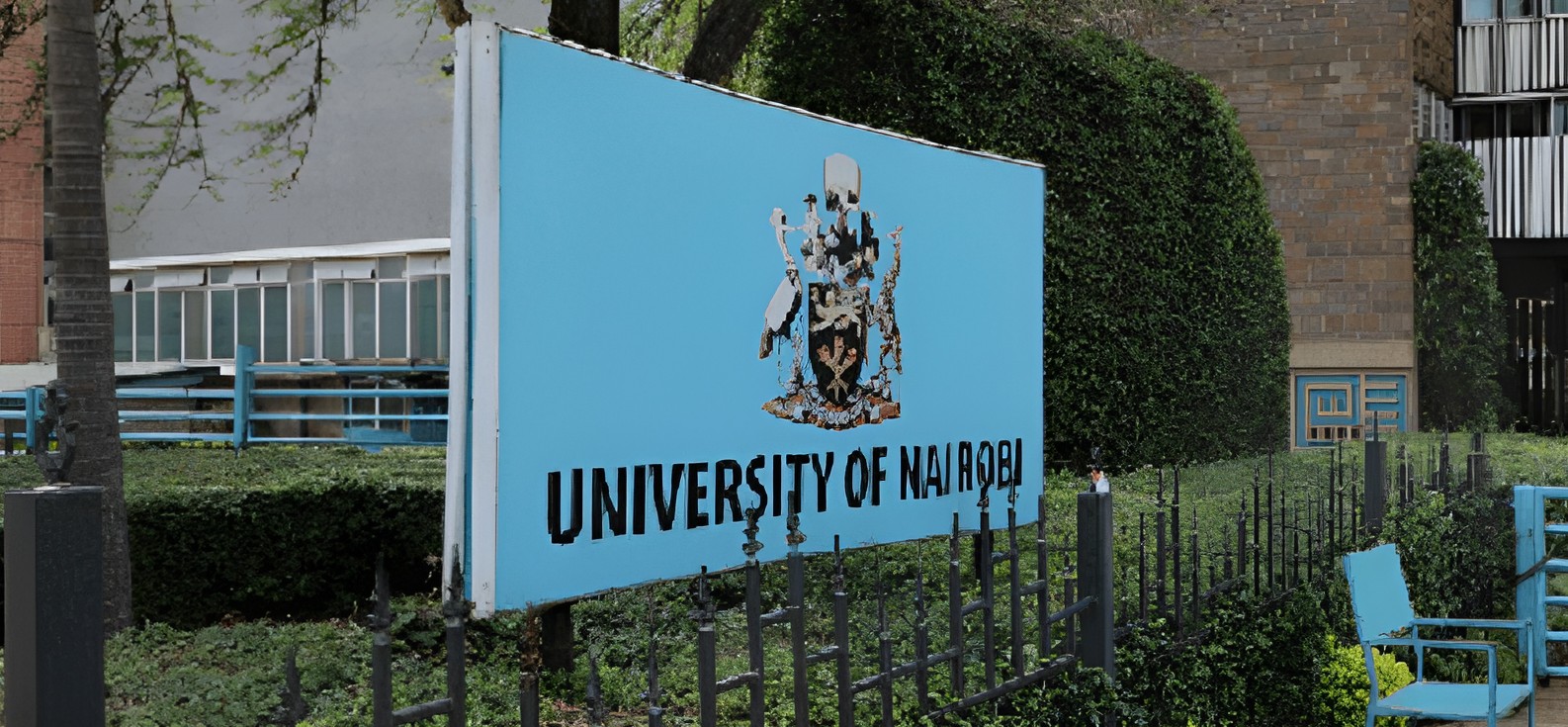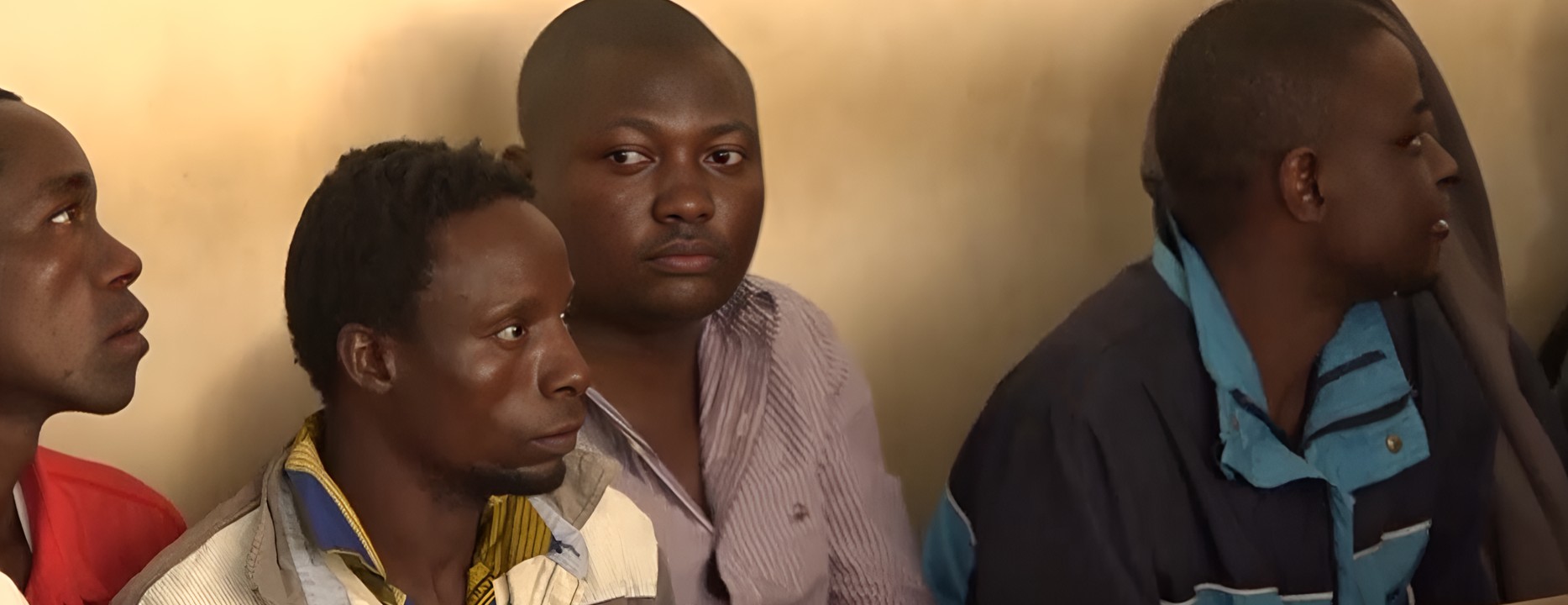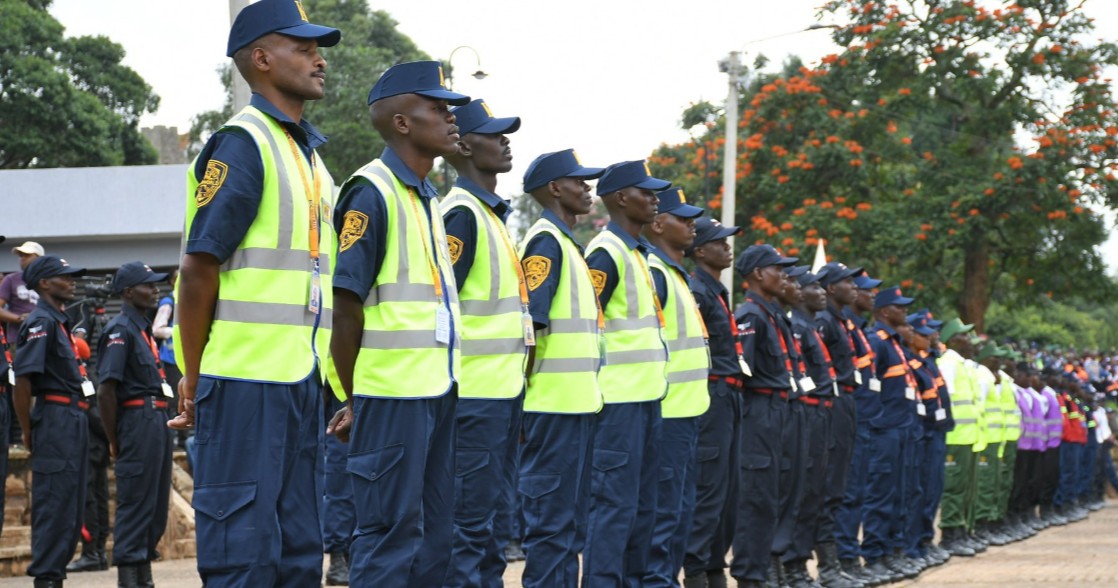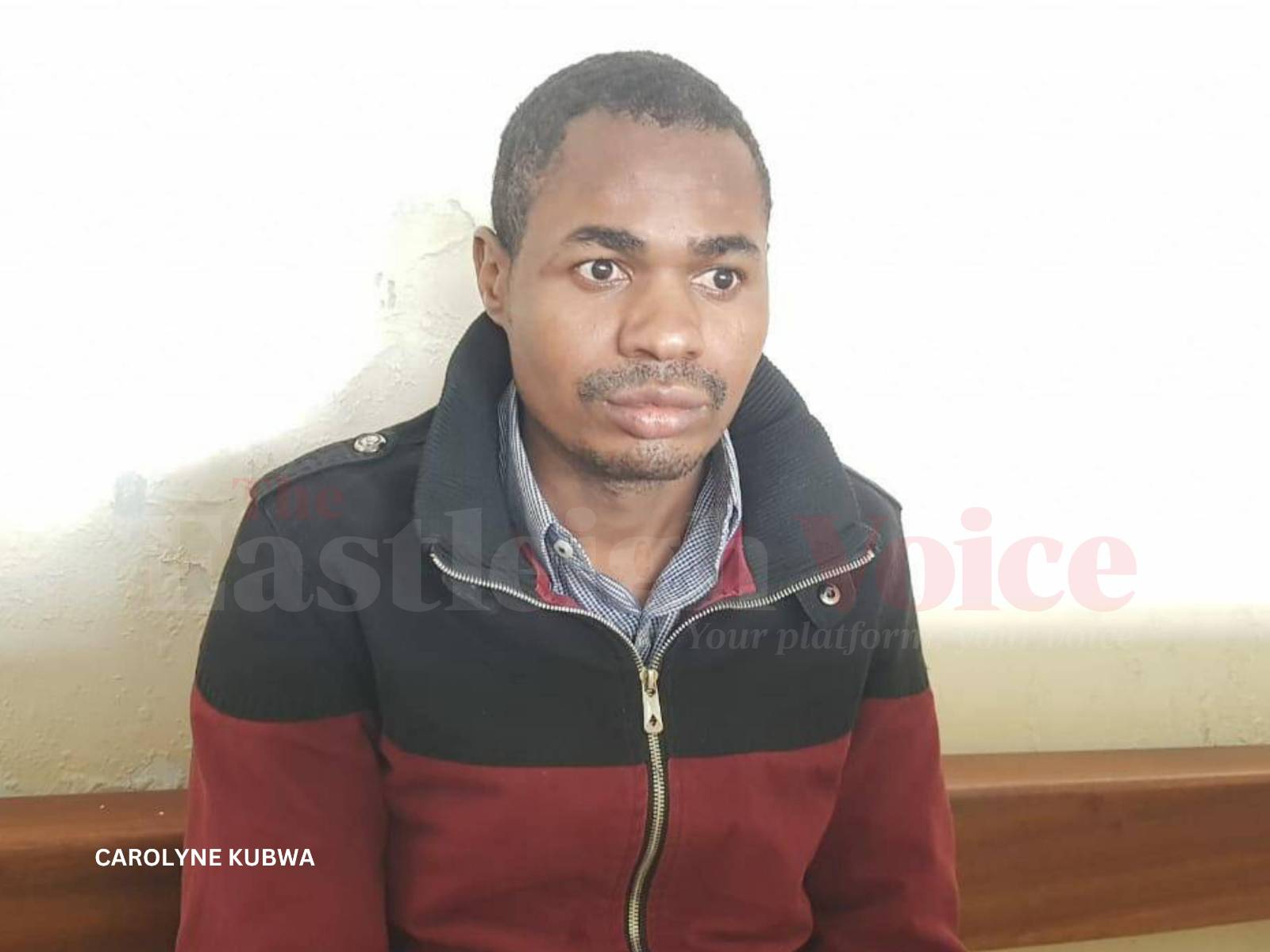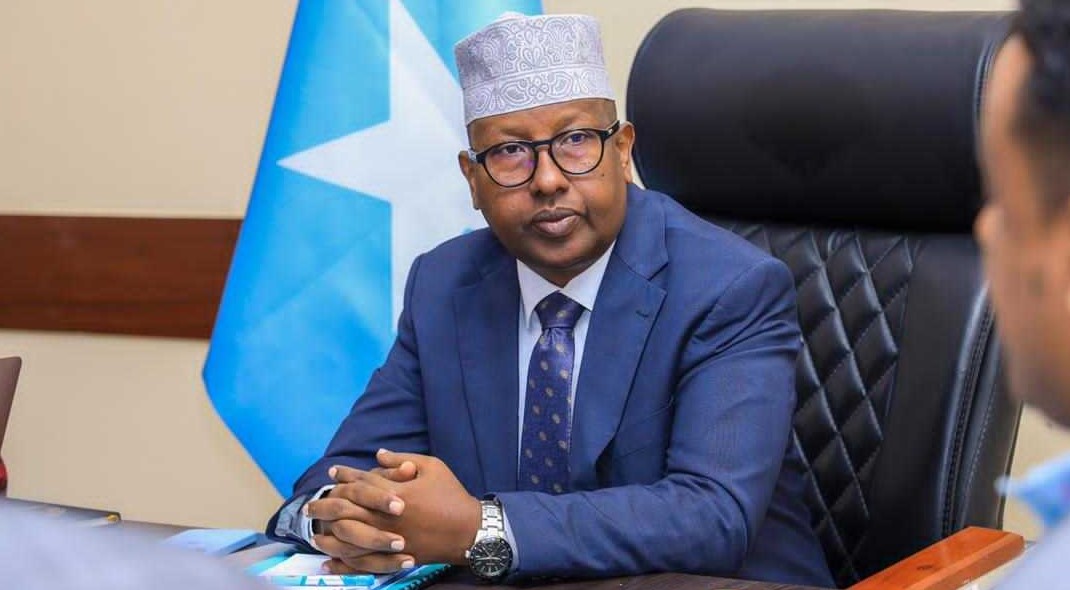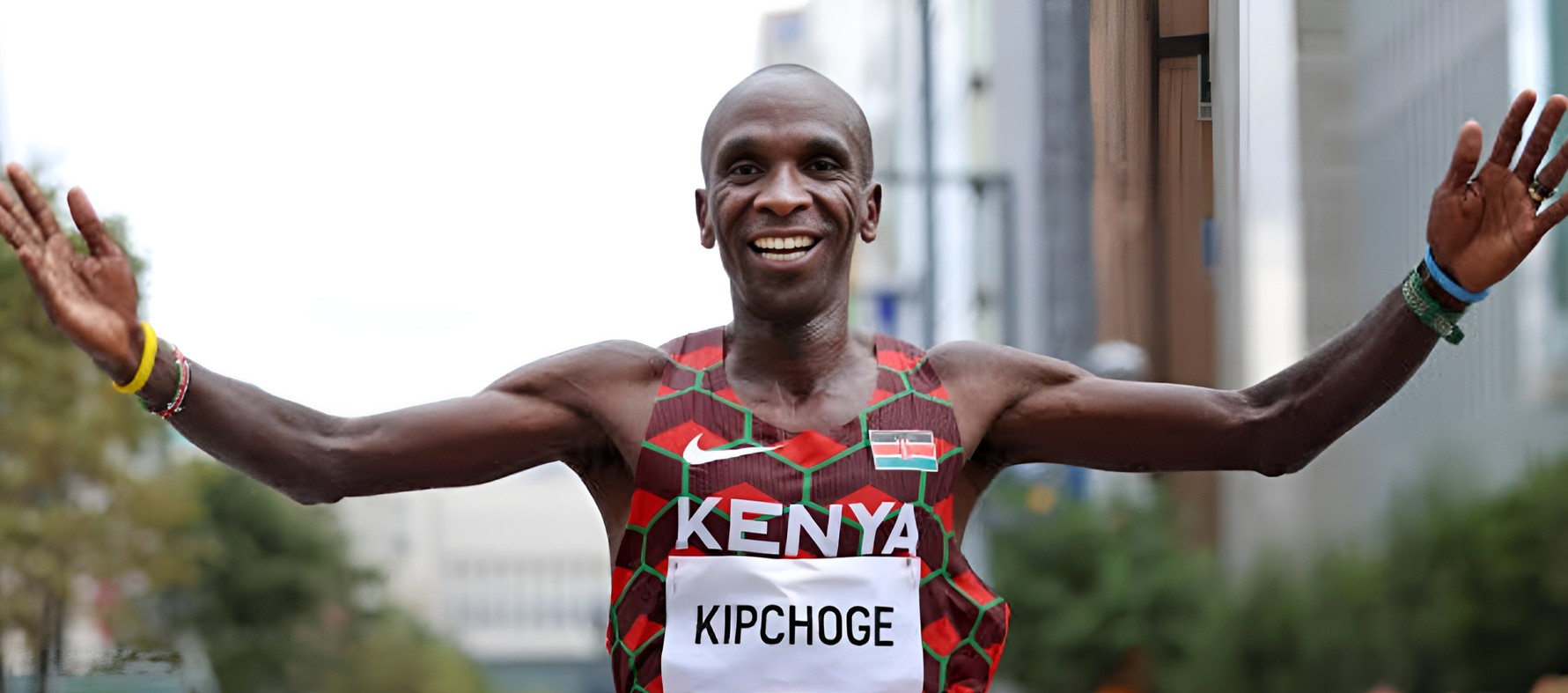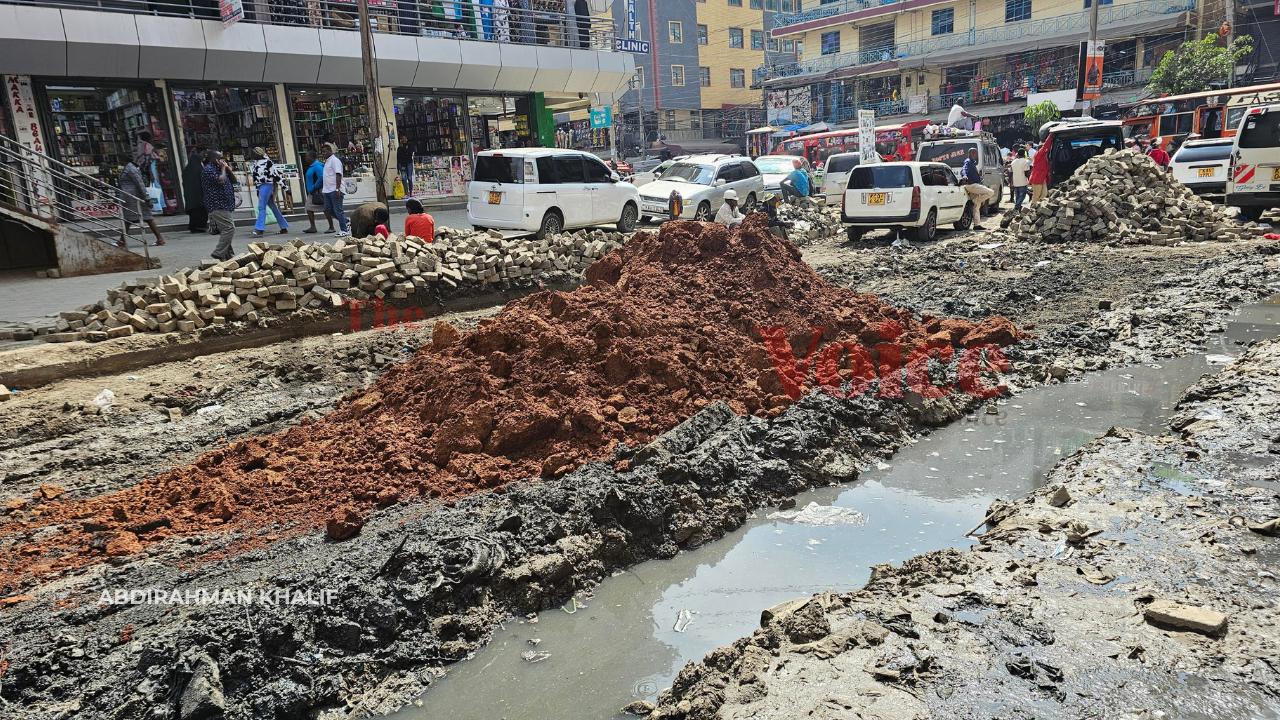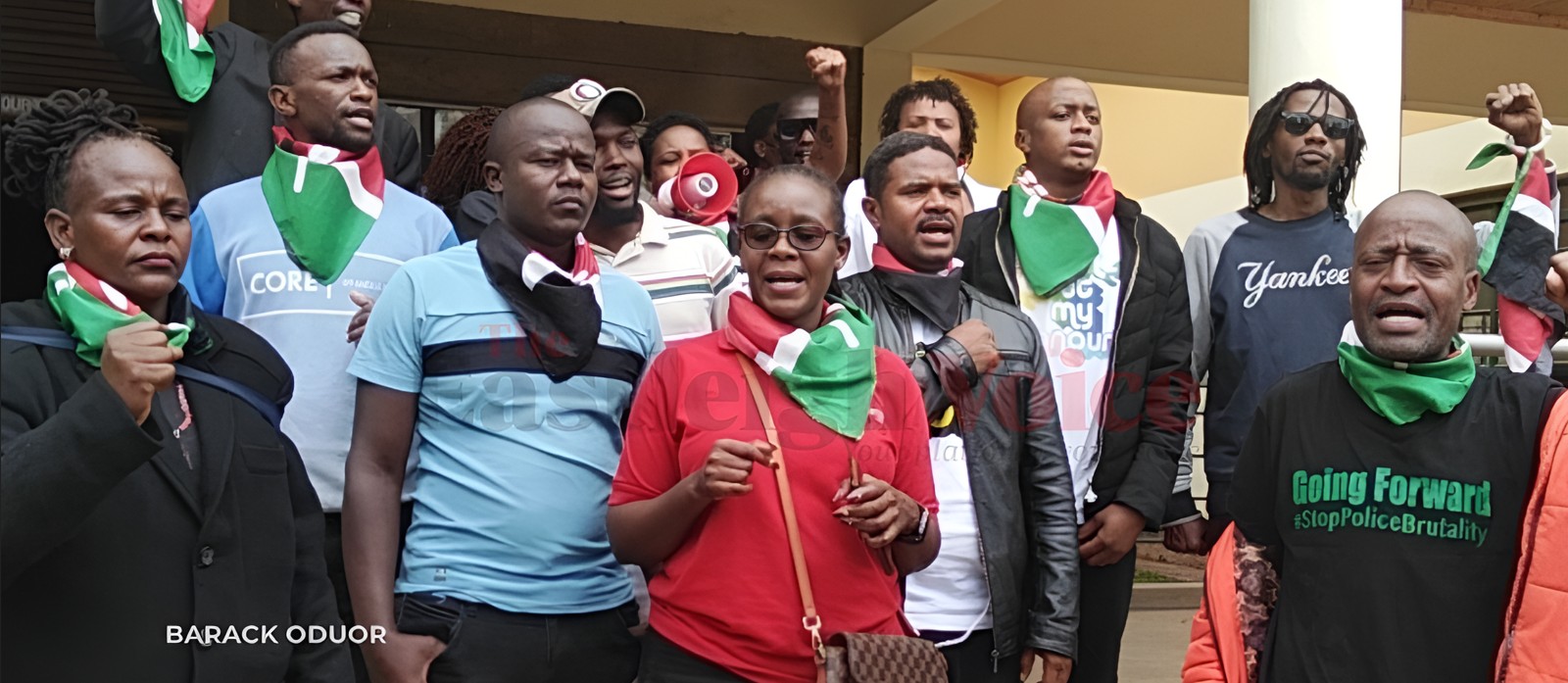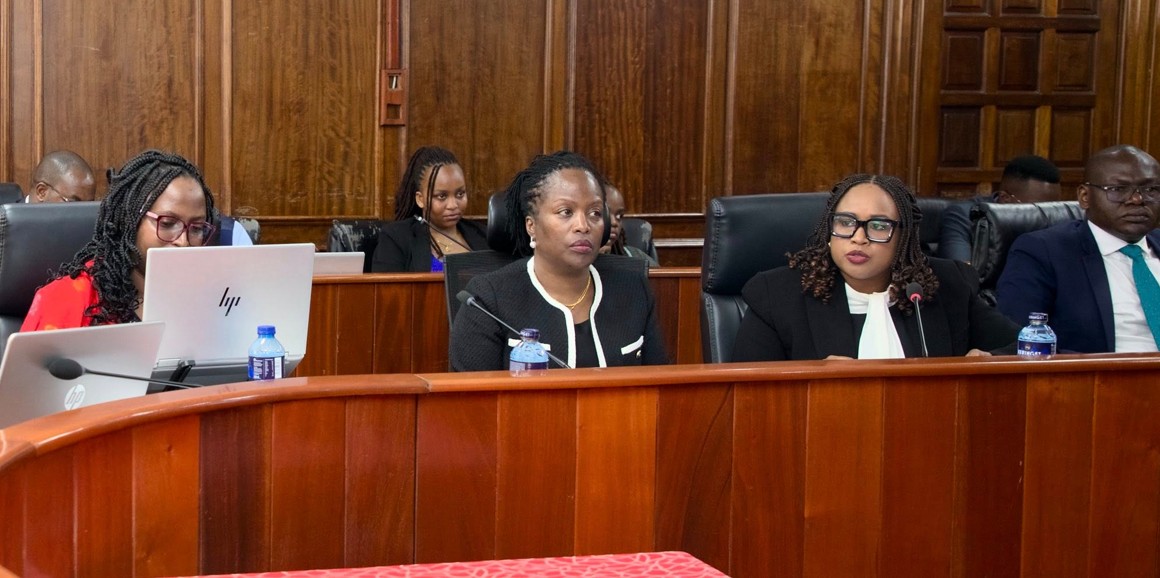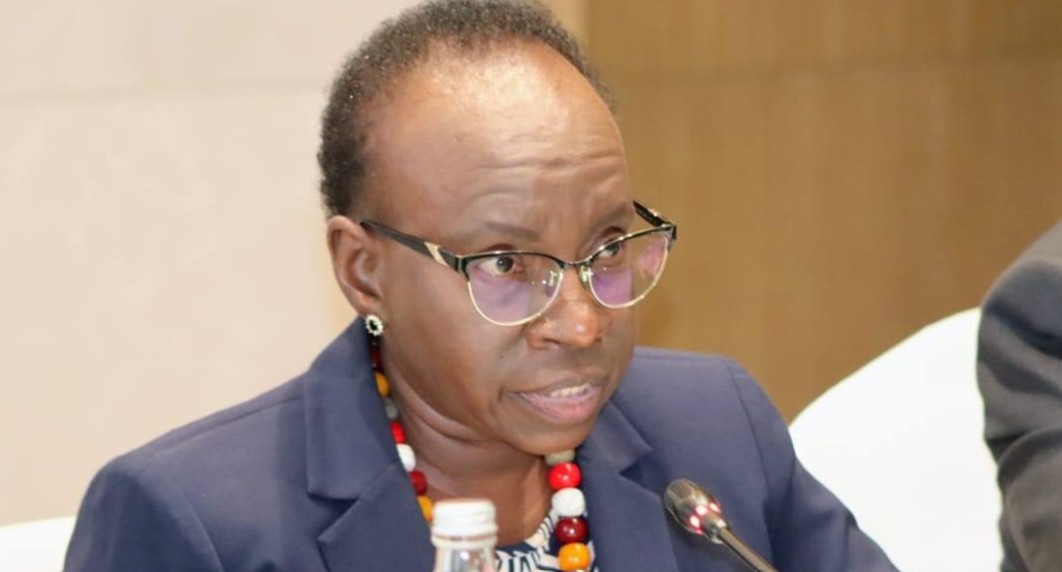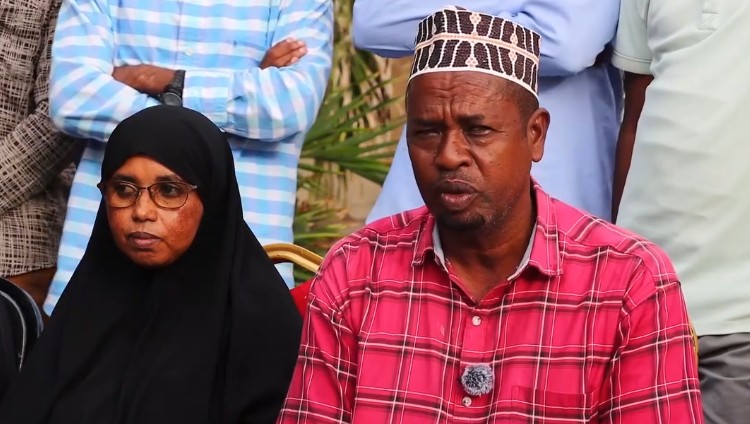Human rights groups decry 'systematic assault' on democracy amid wave of arrests in Kenya
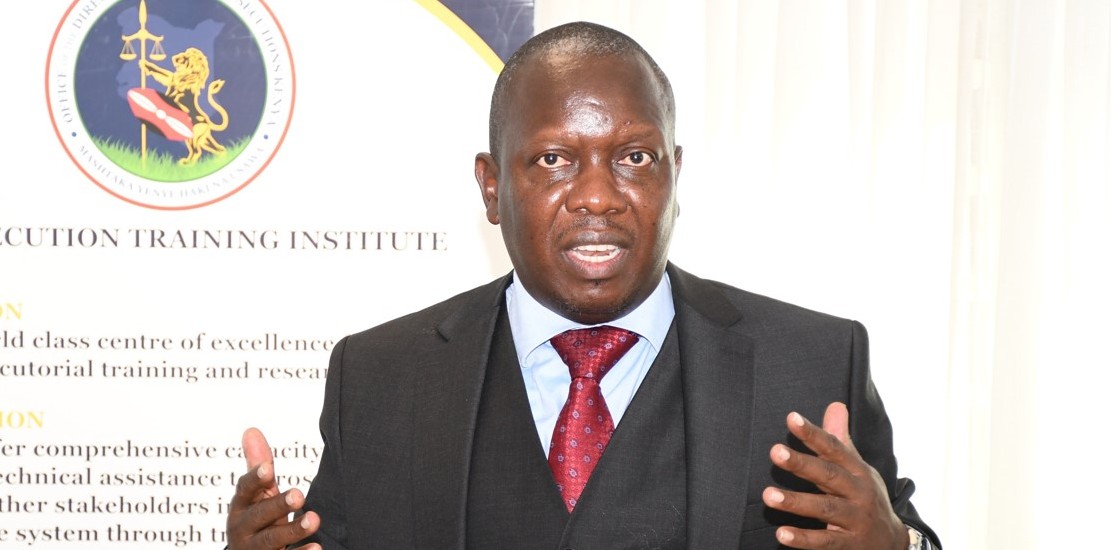
The activists accused the government of using the justice system as a weapon against peaceful protesters, civil society leaders and human rights defenders.
Human rights defenders have slammed the government over escalating human rights violations, including arbitrary arrests and trumped-up terrorism charges against activists, in what they term a systematic assault on Kenya’s democracy.
The defenders, in a joint statement, want both the Office of the Director of Public Prosecutions (ODPP) and the Judicial Service Commission (JSC) to publicly explain the legal basis of ongoing prosecutions and take steps to end what they describe as the criminalisation of dissent.
More To Read
- Vocal Africa condemns Ruto’s administration for using terrorism charges to silence Kenyan activists
- JSC urges Parliament to fast-track pensions Bill, says delay denying retired judges fair compensation
- ODPP distances itself from Wajir Huduma Centre boss disappearance, cites no arrest powers
- DPP slammed by legal experts for 'weaponising' terrorism charges against peaceful protesters
- Judiciary struggles with backlog as MPs push for system overhaul
- Parliament raises concerns over ODPP’s 'special fund' proposal
The activists accused the government of using the justice system as a weapon against peaceful protesters, civil society leaders and human rights defenders.
“As patriotic Kenyans, Pan-Africanists and human rights defenders, we are deeply alarmed by the growing pattern of arbitrary arrests and trumped-up charges targeting innocent youth, and anyone who dares to speak out in Kenya. What began as targeted persecution of young protesters demanding accountability has metastasised into a full-scale assault on Kenya's democracy,” read the statement.
Falsely accused of terrorism
The group warned that although Article 37 of the Kenyan Constitution guarantees the right to peaceful assembly, picketing and protest, those exercising these rights are now being falsely accused of terrorism, arson and money laundering in efforts aimed at silencing them.
Citing the arrest of activist Boniface Mwangi on Saturday, the defenders said he was targeted a day after filing a landmark case before the East African Court of Justice against the governments of Kenya, Uganda, and Tanzania.
The case sought accountability for his alleged enforced disappearance, arbitrary detention, torture, and sexual violence suffered two months prior.
According to the defenders, his arrest, followed by a raid at his home, was conducted without valid court orders and a subsequent search of his Mageuzi Hub office by DCI officers under “unjustified terrorism allegations.” They revealed that efforts to verify the search warrant’s authenticity through the judiciary’s case tracking system revealed no such order existed.
Arbitrary arrests
They noted that Mwangi’s case mirrors the recent detention of other human rights defenders, including John Mulingwa Nzau, Mark Amiani and Francis Mwangi, key figures in Kongamano La Mapinduzi, who were also allegedly arrested arbitrarily.
They also noted that civic society partners and legal teams reported disturbing cases nationwide, including children as young as 14 detained with gunshot wounds, students arrested while walking home from school and youth held in custody for merely visiting detained friends.
In Naivasha alone, the defenders said 20 youths remain in detention without legal access, while across Kenya, more than 150 young people face punitive cash bails ranging between Sh30,000 and Sh300,000.
“This intimidation and crackdown on the youth, civil society actors, institutions and defiant elected representatives is being paired with dangerous state-driven propaganda and disinformation campaigns mischaracterising peaceful assembly and youth protest as hooliganism and inflammatory rhetoric targeted at specific communities,” the defenders said.
Excessive police force
The coalition also condemned policy statements from the highest levels of government authorising excessive police force.
They cited directives such as “shoot-to-kill” and “shoot-to-maim” issued by President William Ruto, Interior CS Kipchumba Murkomen, and the National Assembly's Defence Committee chairperson Nelson Koech.
They also accused the government of failing to arrest or investigate gangs allegedly mobilised by UDA-affiliated individuals and the Nairobi Governor’s office.
“These gangs invaded business premises, including the Kenya Human Rights Commission offices and attacked innocent Kenyans as police watched. Despite the perpetrators’ identities being known, no investigations or arrests have been made in this regard,” they said.
Regional authoritarian plot
Linking the crackdown in Kenya to what they termed a wider regional authoritarian plot, the defenders accused the Kenyan government of complicity in cross-border human rights violations that signal coordinated repression across East Africa.
They cited the controversial abduction and forced extradition of Uganda’s opposition figure Kizza Besigye from Kenyan soil in November 2024, saying the operation violated Kenya’s own constitutional protections and international law.
In July 2025, Kenyan authorities were also accused of arresting and deporting 36 members of Uganda’s opposition party, Forum for Democratic Change (FDC), who had been detained in Kisumu before being forcibly handed over to Ugandan security agents.
They further pointed to the January 2025 incident in which Tanzanian activist Maria Sarungi-Tsehai was abducted on the streets of Nairobi by individuals believed to be Tanzanian state agents.
Coordinated regional surveillance
In a similar case, the defenders said Kenyan activist Boniface Mwangi and Ugandan human rights campaigner Agather Athuire were arrested and tortured by Tanzanian authorities earlier this year, after what they described as coordinated regional surveillance.
“These incidents, among others, expose a coordinated regional authoritarian agenda designed to crush dissent ahead of upcoming elections in Kenya, Uganda and Tanzania,” they said.
The coalition warned that Kenya’s apparent role in cross-border abductions and deportations signals a dangerous collapse of legal protections not just for Kenyan citizens, but for East Africans as a whole.
“We demand that the ODPP immediately desist from approving and pursuing trumped-up charges against peaceful protesters, civil society leaders, and human rights defenders,” they said.
They also urged the JSC to protect judicial independence and reject being used as what the activists described as a rubber-stamp for illegal arrests and politically driven prosecutions.
“Judges and magistrates must not be complicit in the criminalisation of activism through unreasonable arrest and search warrants, biased rulings, or prolonged detentions,” they added.
The group also condemned the labelling of civic activism as terrorism, calling on the state to end what they called the criminalisation of human rights defenders. They reminded state agencies of their duty to protect rights, not serve those in power.
“The deliberate destruction of judicial independence and the criminalisation of dissent represent not merely a national tragedy, but a continental emergency that demands our unified response,” they said.
Top Stories Today
